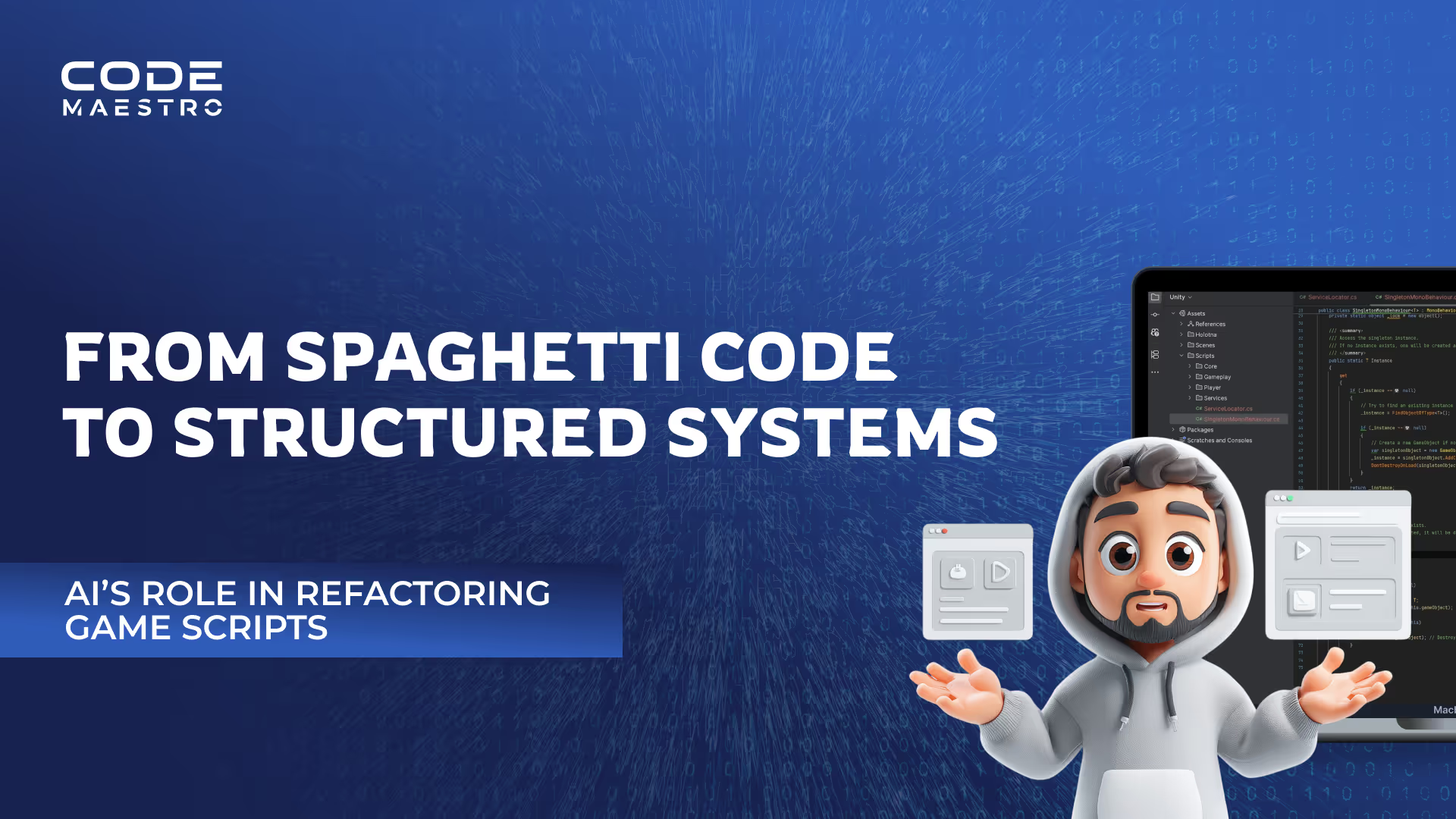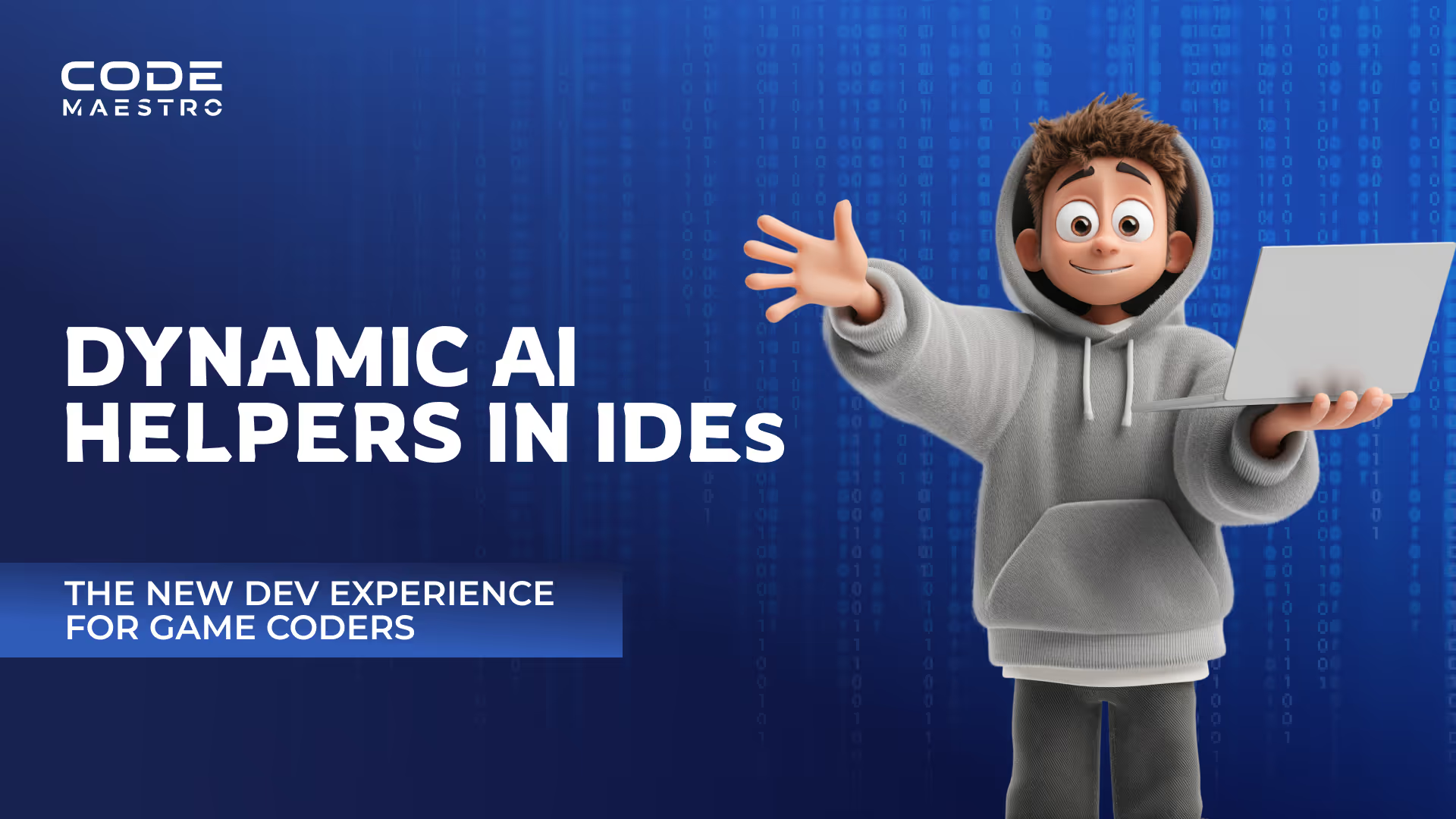Rapid Onboarding and Navigating Unfamiliar Codebases
Table of Contents
Stepping into a project you’ve never seen before can feel a bit like joining a movie halfway through. The plot is already racing forward, but you’re not entirely sure who’s who or why certain things are happening. In software terms, the architecture is set, dependencies are tangled, and any tweak might send ripples across parts of the system you didn’t even know existed. This is especially true with sprawling legacy systems or rapidly evolving products where documentation is patchy, and key knowledge is trapped in the heads of a few people. In these situations, speed matters — but so does caution.
The Challenge of Rapid Onboarding
Good onboarding is more than skimming the README. It’s about forming a mental map of the system fast enough to contribute without accidentally breaking something. That means spotting fragile areas, decoding naming conventions, and recognising architectural patterns. In well-kept codebases, this process is easier. In older or less-maintained ones, you might face outdated dependencies, layers of “quick fixes,” and functions whose original purpose is hidden behind years of incremental changes.
Automated Project Knowledge Databases
An automated knowledge hub can make this far less intimidating. These systems pull information from repositories, commit logs, API docs, ticket systems, and even old design notes. They present it in one searchable place so you can answer questions like “Where does the payment logic live?” without hunting through dozens of unrelated files.
The more advanced tools integrate right into the IDE. Hover over a function, and you might see when it was last touched, who worked on it, where it’s used, and any related issues. This on-demand context reduces the risk of editing code in isolation — a common source of bugs for newcomers.
Dealing with Large or Legacy Projects
Older or massive projects come with unique headaches. These often include:
- Complex dependencies — Components may depend on each other in ways no one has written down.
- Inconsistent coding styles — Years of different contributors can result in a mix of conventions.
- Hidden business logic — Critical rules might live deep in unexpected files.
To cut through the noise, start by mapping the system. Static analysis tools, architectural diagrams, and dependency graphs reveal how modules connect. If test coverage is thin, write a few targeted tests before making changes — this builds a safety net for both you and the project.
Improving and Fixing Unfamiliar Code
When making changes in code you didn’t write, patience is your best friend. Read the surrounding files, check commit history, and scan any related tickets or documentation. If the runtime behaviour isn’t obvious, add temporary logs or metrics. Focus on small, reversible edits rather than sweeping rewrites. Each change should be validated with automated tests, which helps avoid breaking unrelated parts of the system — something especially easy to do in tightly coupled architectures.
Knowledge Sharing and Team Practices
Even the best tools are useless without a culture of sharing. Teams that encourage open code reviews, occasional pair programming, and informal walkthroughs spread knowledge faster. When major changes happen, updating documentation keeps the automated database fresh. This way, no one person becomes the “only one who knows” how something works, and new developers can get productive without waiting weeks for answers.
Conclusion
Taking on a module you’ve never touched before is never friction-free. But with a clear onboarding plan, the right tools, and supportive team habits, it doesn’t have to feel like walking through a minefield. Automated knowledge systems cut down the guesswork. Careful, incremental changes lower the chance of breaking something critical. And steady knowledge sharing makes sure today’s “newcomer” can become tomorrow’s guide for someone else.
By blending structured discovery with a willingness to ask questions and document findings, developers can turn the challenge of navigating an unfamiliar codebase into an opportunity — not just to fix or improve the system, but to leave it in a better, more understandable state for whoever comes next.



